Do you believe in astrology? Do you think all these zodiac signs and horoscope predictions are actually real? If so, have you ever wondered why? Why do we believe something that lacks scientific evidence and looks like superstition or pseudoscience? Let’s explore the psychology of astrology and understand why do people still believe in astrology.
Why are we so obsessed with our zodiac signs and why are we so possessed by our horoscopes? Why do we constantly allow our decisions to be influenced by astrology? Today, we will find all that out and more by delving deep into the realm of the psychology of this ancient practice and unravel the mysteries.
What exactly is astrology?
A form of divination, astrology is believed to forecast and predict the influence of astronomical and celestial bodies of humans and their lives, based on their date of birth. It observes and interprets the positions of stars, planets and other celestial objects like the Sun and the Moon to understand how it can impact earthly events and human lives.
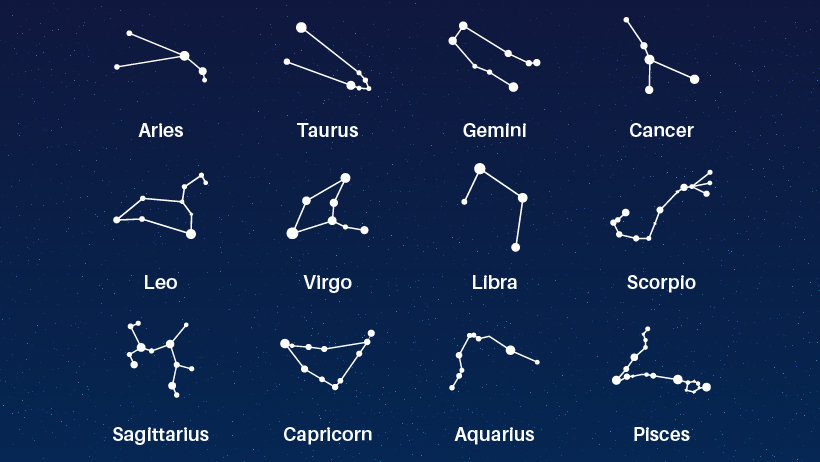
“Astrology is the art of predicting or determining the influence of the planets and stars on human affairs,” explains a 2007 study. While it is considered as pseudoscience by scientists, astrology has been in practice since the last 2000 years.
According to believers, by analyzing and understanding the impact of the stars and planets on human affairs, we can predict and control outcomes and destinies of our own selves and that of our loved ones, communities and even countries.
Related: African Astrology: The Most Primitive And Accurate Astrological Guide
Is Astrology real?
While millions of people from all over the world believe in astrology, the question remains if it is real. The fact is, there is no empirical scientific evidence that astrology works and is not seen as a science by experts, even though it has a lot of historical and cultural significance.
Researchers claim that while this ancient divinatory practice “has grown, over thousands of years,” it lacks a central structure. “Although astrology has been dimly veiled by its occult mystique for centuries, the light of modern day inquiry has shown its substance to be mostly illusionary” which shows that its foundation is not the most stable or reliable, explain researchers.
Even though believers claim it to be real, analysis and examination has shown “astrology to be a great teetering monument to human gullibility.” Yet, astrology remains highly popular to this day and believers swear by its effectiveness.
This raises the question – why do people still believe in astrology?

The Psychology of Astrology
While astrology and psychology may not mix well together, understanding the psychology of astrology is important to uncover why do people still believe in astrology.
Before we move ahead, it is crucial to clarify that our goal here is not to debunk astrology or to prove it is real. Rather, we are focused on understanding why so many individuals believe in it despite a lack of scientific evidence.
From a psychological perspective, our belief in astrology is determined by a number of social influences, cognitive biases and psychological needs. Psychological concepts like cognitive biases, the Forer effect, and our natural human tendency to look for meaning and patterns often convince us to follow astrology.
Moreover, the Barnum effect and internal & external validation make us interpret vague statements as exceptionally accurate.
Moreover, the psychology of astrology offers a sense of certainty, comfort, control and order in our uncertain and often chaotic life. It meets our mental and emotional needs for understanding and guidance. And in a world where most of us feel alone, misunderstood and lost in our life, astrology can provide that much needed support that we constantly look for.
These beliefs are further solidified by social and cultural influences leading to a multifaceted interaction between astrology and psychology and other factors like culture.
Related: Medical Astrology: What’s Your Body’s Weak Spot
Why Do People Still Believe in Astrology
Let us dive deeper into the psychology of astrology and further explore the underlying reasons why people believe in this ancient practice –
1. The Human Need for Meaning and Purpose
Humans have an instinctive need to seek meaning and purpose in their existence. Astrology and psychology provides a framework that gives order and significance.
By explaining the connection between the movements of celestial bodies and human personality traits, it provides reasons for why certain events happen and why people behave in certain ways. It creates a feeling of order or cosmic plan that governs our lives.
2. Confirmation Bias and Selective Attention
One of the main psychological factors behind our belief in astrology is confirmation bias. Confirmation bias refers to our tendency to interpret information selectively which supports what we already believe.
While reading horoscopes, people focus on areas that seem familiar and skip those they don’t recognize. This selective attention reinforces our belief in astrology as it accurately reflects our thoughts and experience and appears real to us.
3. The Barnum Effect
Another psychological principle contributing significantly to making people drawn towards astrology is the Barnum effect, also known as the Forer effect. This reveals that we tend to accept general and vague statements about our own selves more openly and believe they are personally relevant & true.
Experts claim that astrology frequently uses ambiguous words that can be applied towards many different individuals. For example, a general horoscope prediction may claim “You want to be highly successful but could face obstacles along the way.”
This statement might apply to virtually anyone, making us believe that astrology can accurately define and explain our unique personality and our future.

4. Human Desire for Self-Understanding
Astrology is a tool for self-examination and self-discovery. When we go through our astrological birth charts, we better understand who we are, our strengths and weaknesses and potential challenges.
This introspection can empower us and help us to know ourselves better. The need to understand yourself better is one of the fundamental aspects of human nature and astrology provides the possibility of knowing our individuality.
Related: 5 Reasons Why People Believe In Astrology And Why You Should Too
5. Social and Cultural Influence
Our beliefs and behaviors are largely impacted by the social-cultural context in which we live. Astrology is an ancient practice that has been performed in many different societies over centuries.
It is deeply embedded into many societies and handed down through generations. As astrology is accepted and practiced in society on a massive scale, individuals are more likely to adopt and believe in its principles as a result of social conformity and the desire to belong.
6. Psychological Comfort and Coping Mechanism
In moments, when there is uncertainty or when we are faced with stress, difficult situations, or challenges, astrology can provide psychological comfort and serve as a coping mechanism.
We usually seek guidance or reassurance during difficult situations. The psychology of astrology provides a sense of control by suggesting that planetary alignments and transits can impact our lives.
Knowing that a greater cosmic force is at work to help us can feel soothing, reduce anxiety and offer solace, hope and stability.
7. Personal Anecdotal Evidence
Our belief in astrology and psychology is significantly enhanced by personal experiences and anecdotes. When the accuracy of horoscope predictions are directly related to someone’s life, it reinforces their belief in the validity of astrology.
For example, if someone has an experience that is similar to the horoscope prediction they read earlier in the day, they could see it as proof of astrology’s effectiveness. These personal anecdotes can be powerful in shaping and reinforcing our beliefs.
8. Seeking Guidance and Decision-Making
Many people believe that astrology is a great way to get the necessary support and Astrology is one way of attaining guidance when making crucial decisions. Astrology is sought for matters relating to important choices or times of transition in human life.
The perception of celestial bodies can offer solutions and direction in times of crisis & uncertainty can be consoling and comforting for some individuals. It can help us feel confident and stable in periods of uncertainty and deal with difficult situations.
It can also help us make decisions regarding our relationships, careers, and personal life.
Related: Egyptian Astrology: What Your Egyptian Zodiac Sign Says About Your Personality
9. The Mystery and Wonder Effect
Our fascination with astrology lies in its ability to fascinate our sense of mystery and awe. As it deals with the mystery concerning the cosmos coupled with symbolism and their interpretation, we become more drawn to astrology’s mystical allure.
Astrology provides a world beyond our comprehension where we could get lost invoking awe and curiosity.
Most humans are highly captivated by the unknown and hence, we seek to know what they don’t know. Astrology hints at the mystery of a world that goes beyond our immediate perception, generating feelings of astonishment, curiosity and inquisitiveness.
10. Desire for Control and Predictability
Human beings have always wanted to control their lives and foresee the future. Astrology can provide that feeling of control through the suggestion that the movements of stars and planets can be used to predict outcomes and events of the future.
Knowing and believing that astrology can predict what challenges or opportunities lie ahead in our future can help us gain confidence and be prepared. Astrology provides a framework for understanding the world and a means to navigate life’s uncertainties.
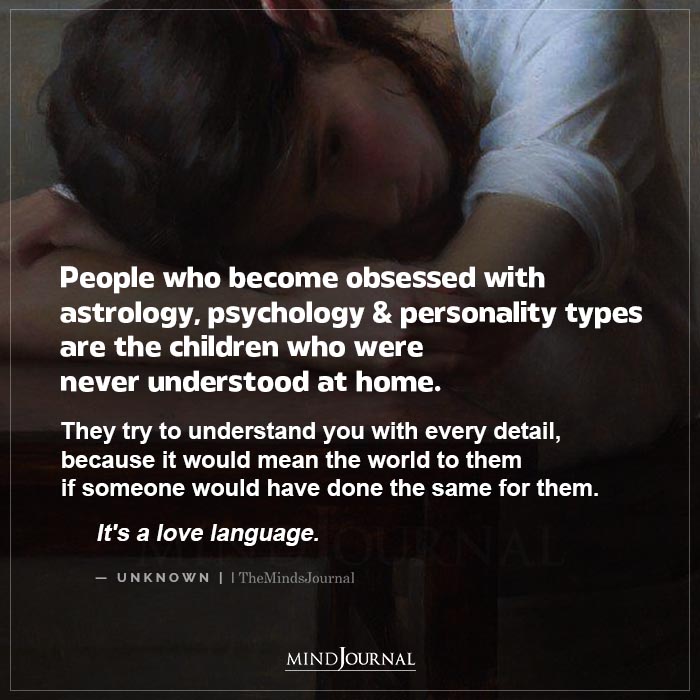
11. Emotional Comfort and Validation
The psychology of astrology often offers emotional comfort and validation by providing explanations for personal experiences & traits possessed by an individual. When we read descriptions or daily predictions of our zodiac sign that relates to our own emotions or experiences, it creates a sense of understanding and validation.
For instance, if an individual reads that their sign is known for being compassionate and empathetic, which they strongly identify with, then it will reinforce their belief in astrology. The belief in astrology grows stronger due to the warmth of being understood and agreed with.
Exploring and understanding these psychological reasons and factors can enable us to understand why do people still believe in astrology. Astrology caters to our aspirations and desires that are deeply ingrained in us and shapes our beliefs.
It is undoubtedly a powerful force that has a strong influence in our lives, even though there may be a lack of scientific evidence.
Takeaway
The psychology of astrology implies that the basis for our faith in it is a complicated interplay of multiple psychological factors. From our inherent need for purpose and meaning, to our capacity to get caught up in confirmation bias, astrology manages to attract and influence individuals throughout the globe.
Understanding the underlying psychological basis of our belief in astrology can illuminate the human condition and our understanding of ourselves and the world we live in.
Related: How Planets Influence The 8 Cycles Of Life, Astrology Says
Frequently Asked Questions (FAQs):
What is the reasoning behind astrology?
Astrology proposes a connection between celestial bodies and events, claiming their positions influence human behavior, personality, and fate.
Why did people believe in astrology?
Historical beliefs in astrology arise from a desire for meaning, pattern recognition, and a sense of control over uncertainty.
What is the psychological phenomenon of astrology?
The psychology of astrology includes cognitive biases, pattern-seeking tendencies, and a quest for meaning and control in life.


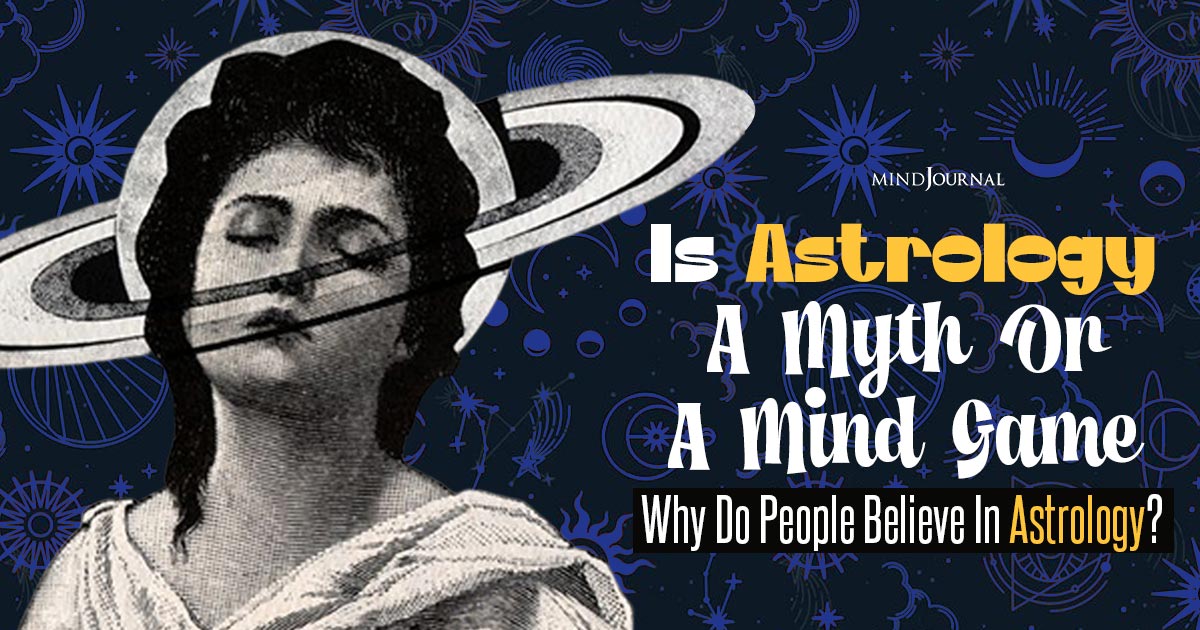
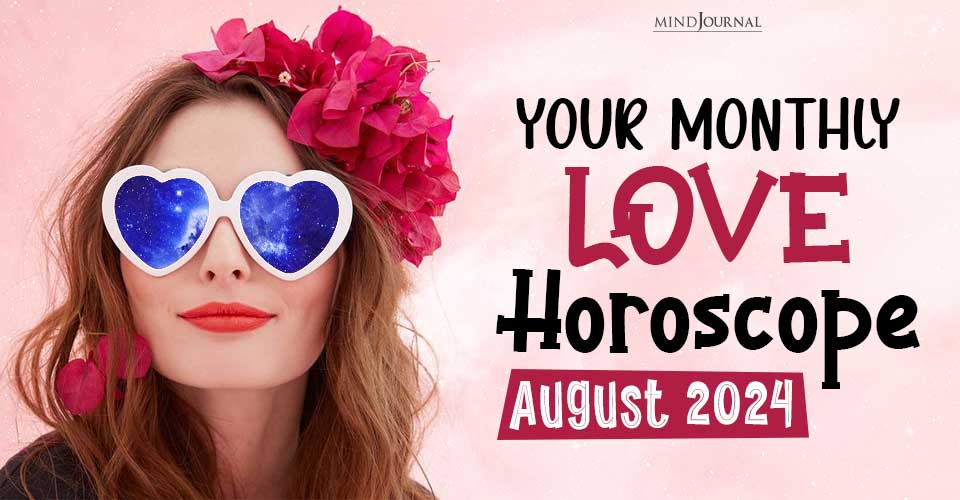
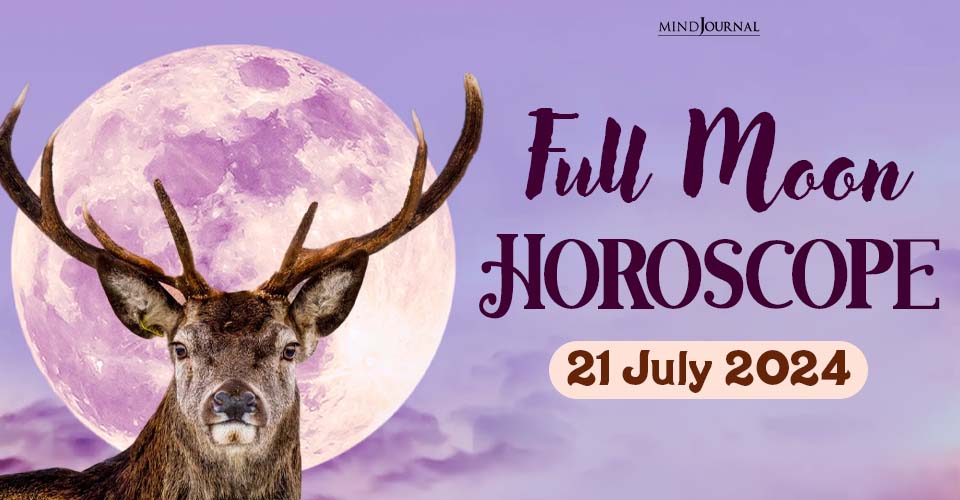
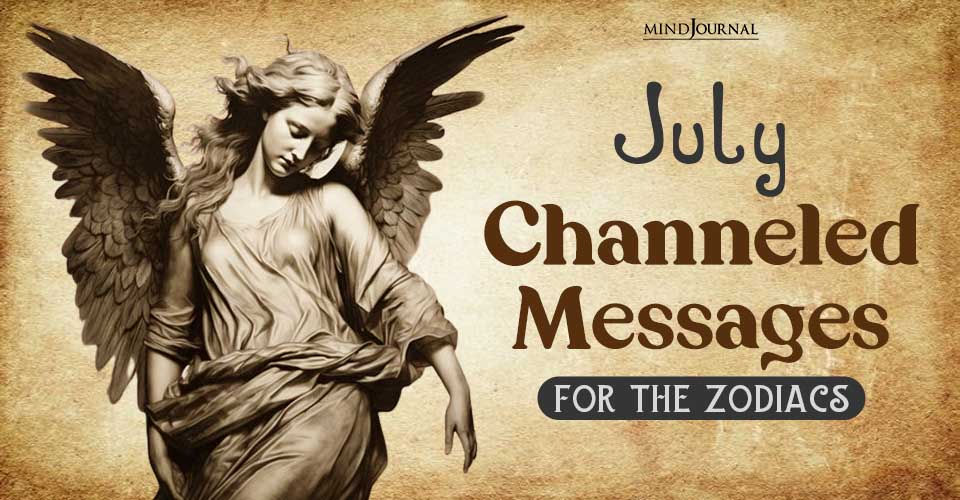
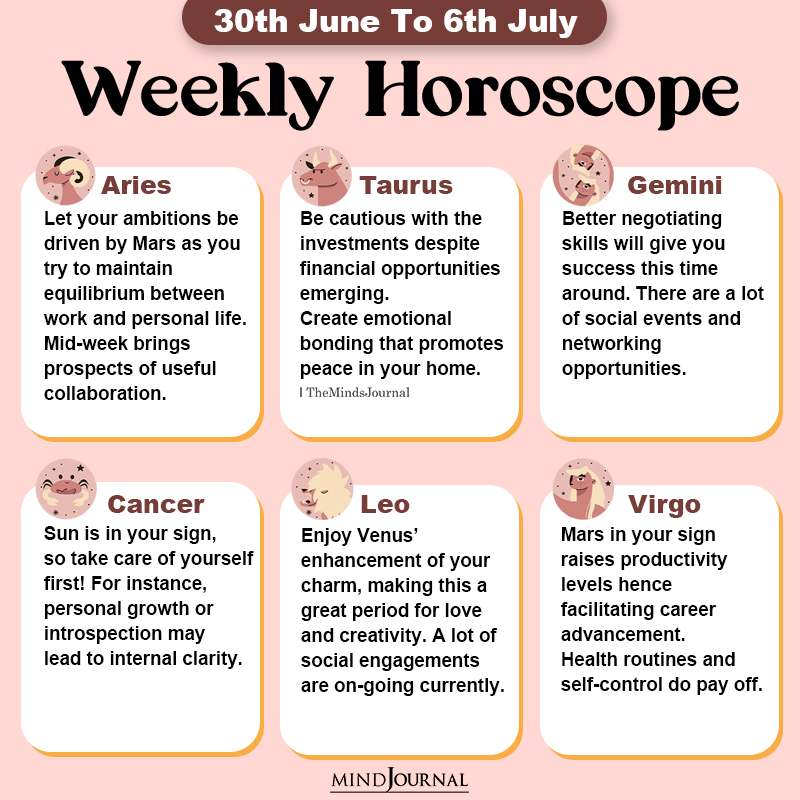
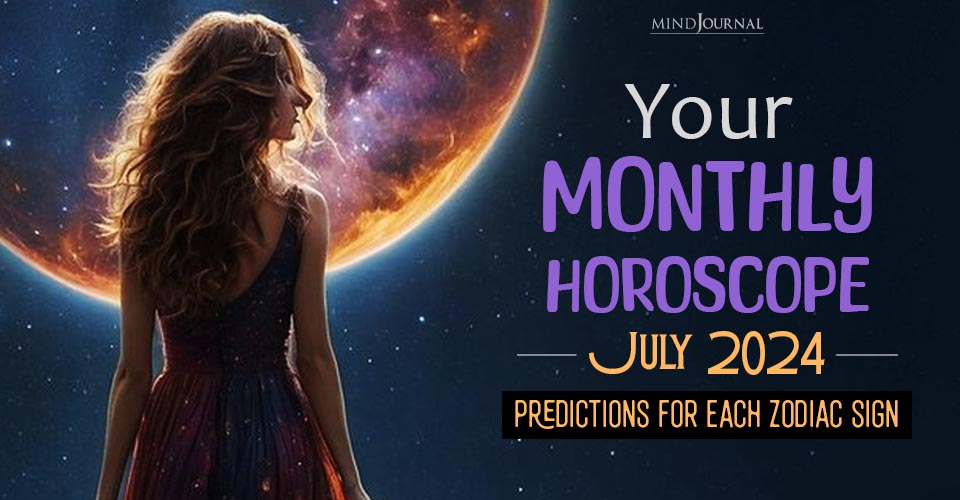
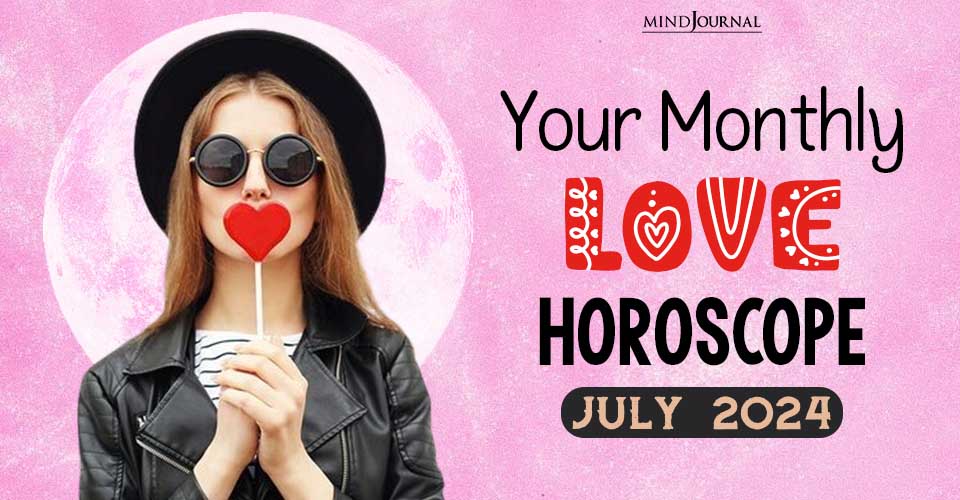
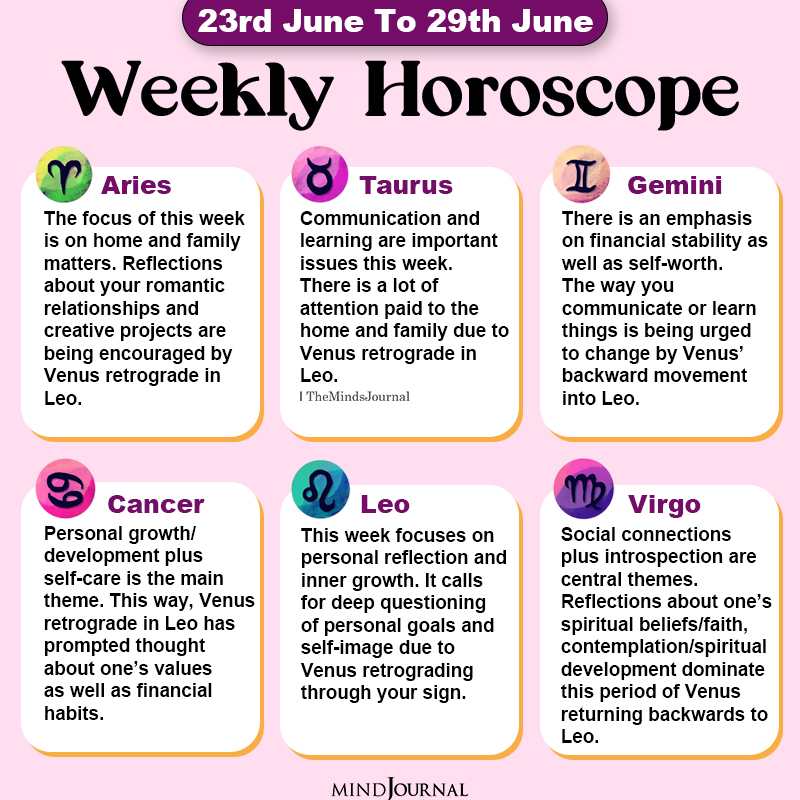
Leave a Reply